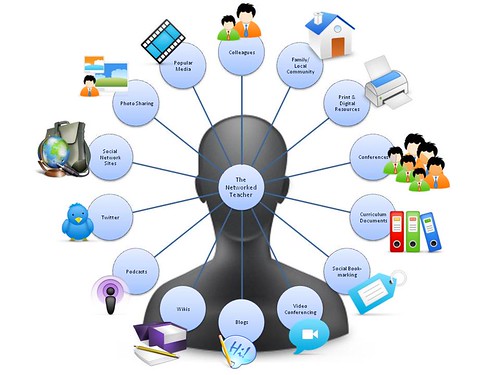| Image Courtesy : bit.ly/1KNVHil |
Africa one of the developing continents in the world map , has still been facing a lot of problems. It reached technology yet problem arises when it tries to grasp technology in its fist. These problems still hinder Africa in various ways.
Expensive technology
Africa already witnessed the beginning journey of the mobile technology and it is quite correct to say that the utilisation of it is not seen but applied. The fact that worries is that technology still remained unreachable to many children in the continent because of its expensive quality and it becomes strong obstacle for the children to move it.
The light of hope
| Image Courtesy : bit.ly/1YQtoaq |
The Lighthouse Grace Academy in Dagoretti, Nairobi, is the part of a superb pilot programme for a new initiative on education. It will provide the glimpse of technology oriented teaching in the emerging market.
The BRCK educational programme was launched in the capital of Kenya highlighting various educational and other problems of the country.
The Kio Kit
| Image Courtesy : bit.ly/1iNBSxY |
The BRCK Kio Kit is a roughened tablet that can be easily carried ruggedised suitcase where the device is actually wirelessly charged.
When the web-server is turned on then the 'micro-cloud' represents the same educational data which are normally shown in the online mode without the expensive costs of the data. It happens as the tablet has a Raspberry Pi computer attached with it.
It is nothing but the representation of the friendship of technology and education. Educational contents are supplied from Kenya and from educational giants like Pearson.
The Aim of BRCK
| Image Courtesy : bit.ly/1JFnAoG |
The aim of BRCK is to help the African students with the help which they need from the internet but are unable to get it. Such entrepreneurial spirit of Kenya is praised by the US President Barrack Obama.
BRCK was co-founded in Ushahidi by Reg Orton and Philip Walton in the year 2013. It took a kickstarter of $1,25,000 and then was raised to $1,70,000.
Walton says “Internet access is equally about power; sometimes it’s more about power,”
The fact is that the Kio Kit is physically stout as well as its software is basically superb in its performance.
Walton further says Now we’re moving the computing power from servers in San Francisco to rural communities with all the power of the internet,” says Orton, BRCK’s chief technology officer.
The hope of the light of hope
| image Courtesy : bit.ly/1QMocOP |
According to a UN report, the BRCK hopes to change the educational system of the continent as it is ready to address the education challenges of 410 million African schools under the age of 14 – a number that is anticipated to 800 million schools children by 2050.
What is more to the Kit is that not only learning but also teaching becomes effective and interesting with it.
The CEO of BRCK says “Where everyone saw wireless charging as a luxury item, we saw it as something to serve the ordinary people,”
BRCK education President Nivi Mukherjee says “We need to make the learning process fun and interesting,”
Walton says “We didn’t think of communities that live on boats, or in remote mountains in Europe,” and Orton adds We’ve always seen ourselves as a Kenyan company. But the problems extend past Kenya.”
Principal Jenga thinks “I believe that it has a very big future, a very bright future.”
Education with technology
| Image Courtesy : bit.ly/1VpbcFH |
Source: onforb.es/IRE3z2

